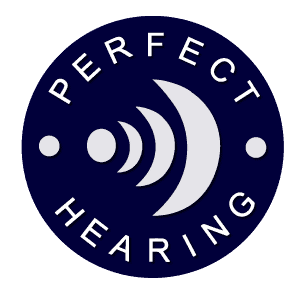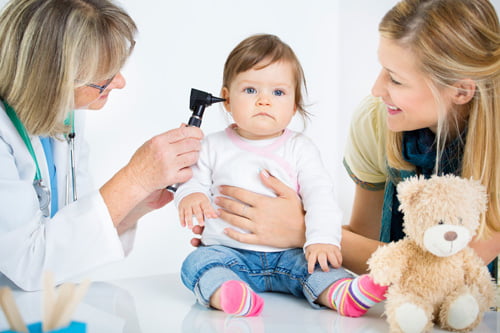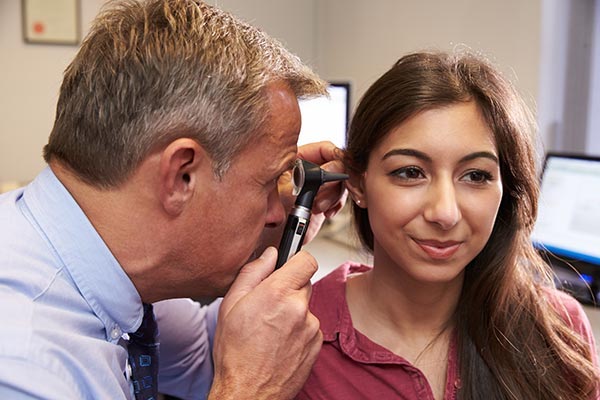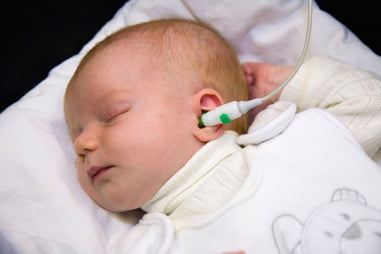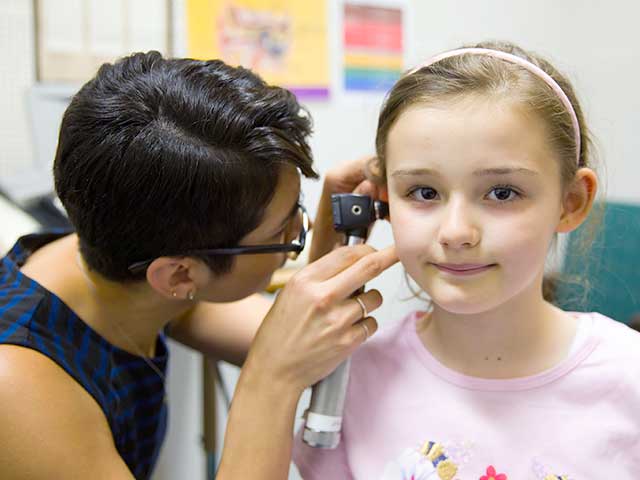Hearing test Malaysia is a painless and non-invasive process. Apart from determining if you have a hearing issue, the purpose of the test is also to know the severity, type and treatment method to apply.
If you’re visiting an Ear Specialist Penang or a hearing aid centre in Johor Bahru, you’re likely to find special audio devices and machines tailor made for both infants,
young children and adults; and this is because hearing loss can affect people of all ages.
The test will most likely be conducted in a sound-treated enclosure specifically designed to keep out unwanted sounds that may interfere with the actual test results. You may be asked by the audiologist to wear certain earplugs connected to an audiometer.
This is the machine used for conducting the test. You are also likely to see speakers placed at specific points in the room for testing children and infants. Planning to undertake a hearing test Malaysia? Then, below are things you should expect to undergo:
1. As an Adult
When you visit an ear specialist Penang or a hearing aid centre in Johor Bahru, you will be asked some questions by the audiologist. Such questions could be about your family and medical health history, so as to know if genetics could be the underlying cause.
You would also be asked about the kind of environment you work in, perhaps you may have been exposed to loud noises which may have in turn affected your hearing.
Two specific tests that you’re likely to undergo at the hearing aid centre in Johor Bahru, or the ear specialist Penang include:
- Pure tone audiometry: You’ll be given headphones and the audiologist will communicate with you through it. How well you can hear and understand the sounds from the other end would then be recorded.
- Speech audiometry: In this test, you’ll be asked to repeat back words spoken to you, so as to establish how accurately you could hear and understand them.
The audiologist may also perform tympanometry or place a soft plug which causes pressure changes in your ear. Your ear’s response to these pressure changes will
indicate how active your ears are.
2. For Newborns
There are two types of hearing tests given to babies while they sleep, which are:
- Otoacoustic emission (OAE) screening – A tiny flexible plug will be placed in the baby’s ears one at a time. The plug produces a sound, and the reaction induced in the inner ear is recorded, confirming the activeness of the baby’s ears.
- Automated auditory brainstem response (ABR) – This requires small electrodes to be taped in the child’s scalp in order to detect how well the brain receives sound signals from the ears through the auditory nerves. This is a more complete test on the baby’s auditory
system.
Due to the presence of fluids in your newborn baby’s ears, the test is likely to be less accurate. You should book an appointment within a couple of weeks with an ear
specialist Penang or a hearing aid centre in Johor Bahru for a follow up hearing test Malaysia.
3. For Infants and Young Children
The audiologist can easily carry out a test known as visual reinforcement audiometry (VRA), for babies up to 6 months of age. VRA takes advantage of the baby’s ability to instinctively turn his or her ear towards a sound source.
The audiologist will produce sounds through speakers positioned to either side of the child. When the child turns toward the sound, he or she is rewarded with a visual reinforcing picture such as a flashing light or a dancing toy.
The child’s response to the sound gives an idea of the activeness of both ears. The visual will keep the baby engaged long enough to detect the better hearing ear.
4. For toddlers and preschoolers
The audiologist carrying out the hearing test on your child above the age of two will adopt a hearing test method called “play audiometry.”
You’ll sit with your child in the specially designed sound booth and train the child to respond to any sound he or she hears, by performing a playful activity.
You are to cheer enthusiastically whenever he or she responds correctly, and your cheer will keep the child engaged long enough for the audiologist to again detect the more active ear.
Do you have more questions regarding hearing tests? To find out more, please do not hesitate to get in touch with our friendly and professional staff.
